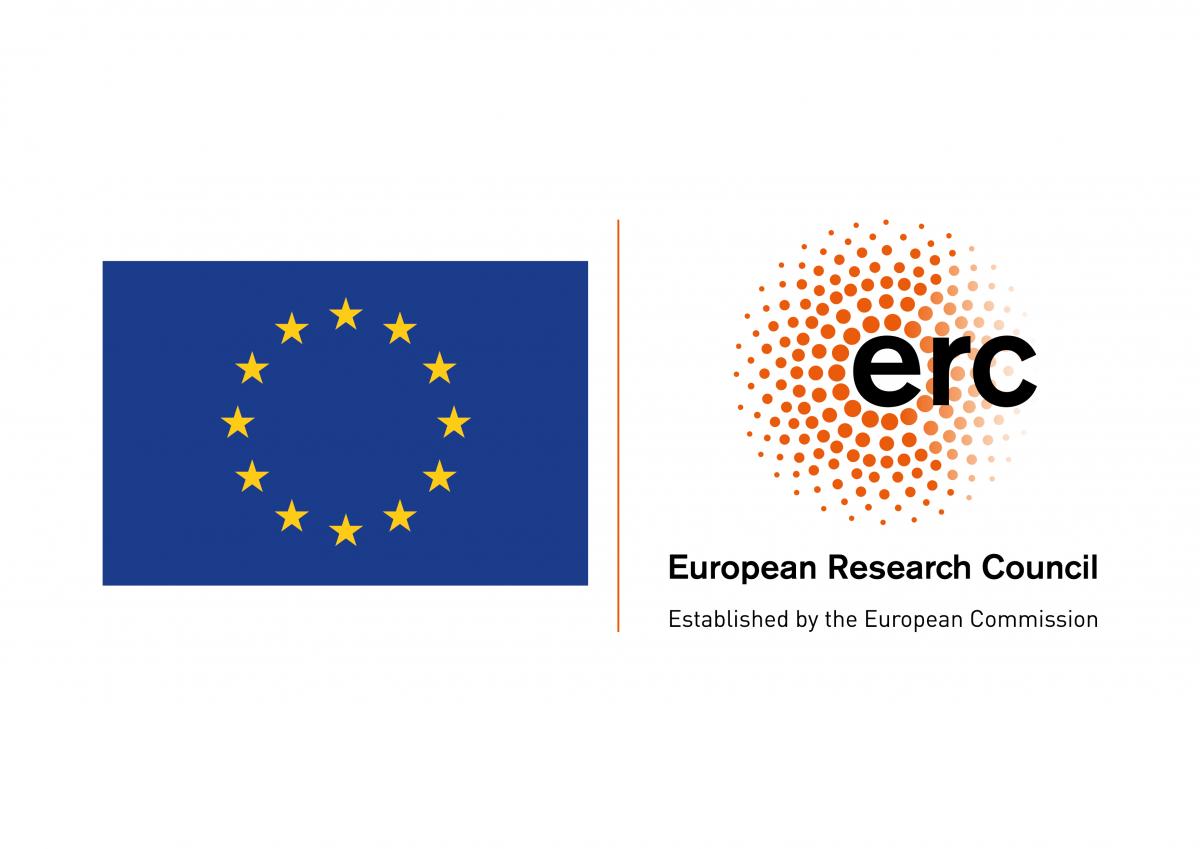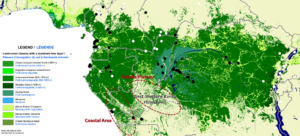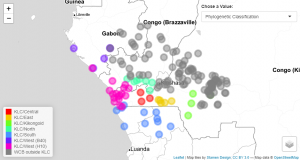BantuFirst was a cross-disciplinary research project aiming at transforming our thinking on the Bantu Expansion by collecting new empirical evidence to gain a better understanding of the interconnections between human migration, language spread, climate change and early farming in Late Holocene Central Africa. It united researchers with outstanding expertise in Central African archaeology, archaeobotany and historical linguistics into one single team. Together they carried out evidence-based frontier research on the first Bantu-speaking settlements south of the equatorial rainforest in parts of the Democratic Republic of Congo, the Republic of Congo and Angola that were still unexplored by archaeologists.
BantuFirst was a 6-year program (2018-2023) funded by a Consolidator Grant (n° 724275) of the European Research Council (ERC) under the European Union’s Horizon 2020 research and innovation programme, which was granted to the project’s Principal Investigator, Prof. Koen Bostoen of Ghent University (UGent). It was hosted at the UGent Centre for Bantu Studies and involved close collaboration with the University of Kinshasa (DRC), the Institute of National Museums of Congo (DRC), the Institut Supérieur Pédagogique de la Gombe in Kinshasa (DRC), the Institut Supérieur Pédagogique of Kikwit (DRC), the Human Evolutionary History in Africa lab of the Department of Ecology and Genetics at Uppsala University (Sweden), and the Wood Biology lab of the Royal Museum for Central Africa in Tervuren (Belgium), among others.
 |

